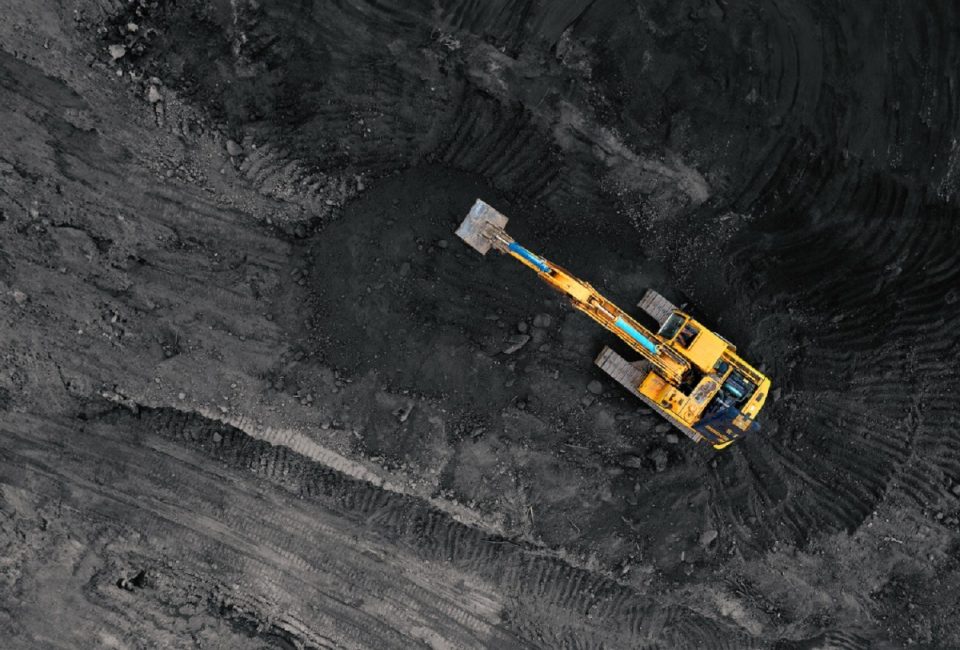The Queensland Resources Council (QRC) says coal royalty legislation which passed through State Parliament yesterday have further damaged the state’s competitiveness.
The Bill, which was introduced by the State Government without consultation in May 2023, will force any future decrease in coal royalty taxes to be legislated, making it harder for future governments to make changes.
QRC chief executive Janette Hewson says the State Government should focus on getting the right policy settings to secure a pipeline of investment and re-establish the state’s competitiveness.
“The State Government’s decision to impose the world’s highest coal royalty tax rates was made without proper industry consultation and they failed to consider the impacts for everyday Queenslanders when introducing this Bill,” she said.
“Forcing a future Government to reduce the coal royalty tax rate through legislation is unnecessary and sends a clear message to the international market that Queensland is not open for business.
“It threatens investment and jobs in our state’s most important export industry and will affect all Queensland commodities, including critical minerals.
“The people of Queensland would have instead benefited from the Government working with our industry to strike more balanced royalties to provide a positive economic future for our state.
“The future strength of our state’s resources sector should be judged by the level of investment in new greenfield projects, not transfer of ownership of existing mines which were developed years or decades ago.

“All mines come to an end and it’s critical we have investment to get new projects coming online to replace them to ensure the resources sector continues to deliver benefits for all Queenslanders through royalties and jobs.
“In 2013, the Office of Chief Economist report indicated more than 400mt of coal capacity in the pipeline for Queensland, 10 years later the pipeline has more than halved to 172mt.”
The QRC says while the government claims an increase in resources exploration expenditure in Queensland indicates confidence in the sector, it’s been driven by a significant rise in costs.
“The cost for explorers to drill each metre has risen by 59% over the past five years which means that while expenditure is up, exploration activity is not.”
In FY23, Queensland’s resources sector was worth nearly $117b and supported more than 530,000 jobs.
“At this election, the QRC is calling on all political parties to work with industry to provide the right long-term policy setting to secure a strong future for the resources sector,” Ms Hewson said.
“Queensland has abundant reserves of the traditional and future resources the world needs to reach net zero but so do other states and countries competing to attract new investment.
“Policy and legislative changes in Queensland like coal royalties make Queensland less competitive for all resources investment and will only force investors to look elsewhere like NSW, WA or countries outside of Australia.
“The global demand for resources remains strong and it’s not a case of whether the resources will be needed, it’s about whether Queensland will remain competitive.”


